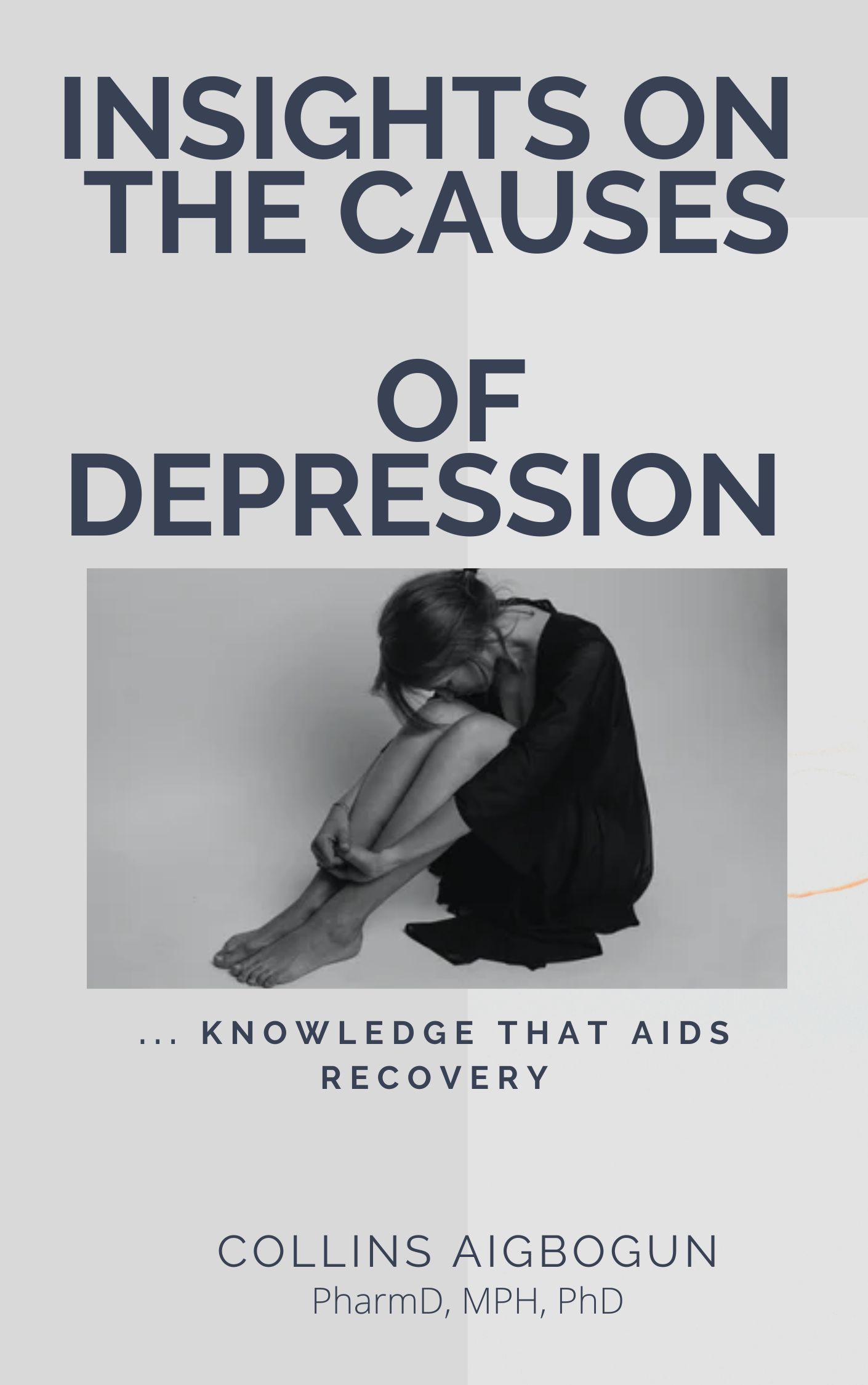Improve The Likelihood of Using The Right Medication
EVERYONE IS UNIQUE
The study of pharmacogenomics provides insight into how medicines interact with inherited genes in different people. These genetic differences mean that a drug that is safe for one person may not be safe for someone else, even at the same dose. Can you believe that no two people on this planet are perfectly identical? This uniqueness implies that each of us is unique. The same scenario applies to healthcare. For example, have you wondered why some habitual tobacco smokers live healthy, while mild smokers or non-smokers sometimes have lung cancer?
Similarly, some persons require a little dose of a drug such as warfarin, while others with the same health condition will require a higher dose of the same medicine? People who have a specific variant of the CYP2C19 enzyme will likely experience a cardiovascular event if they take clopidogrel. According to the American Heart Association, clopidogrel is used to prevent stroke and myocardial infarction. On the other hand, individuals with a normal CYP219 enzyme will benefit more from clopidogrel. Also, patients who have a shortage of the UGT1A1 enzyme should receive a lower dose of Irinotecan (Camptosar) when undergoing chemotherapy for colon cancer. This mystery in the human genome is the anchor of the Precision Medicine Initiative.
BENEFITS OF PHARMACOGENOMICS
1. PATIENT SAFETY AND OUTCOMES
The application of pharmacogenomics concepts has improved patient safety and health outcomes. However, it is sad to learn that severe drug reactions have resulted in over 120,000 hospitalizations every year. It is worth mentioning that these unfavorable outcomes are preventable.
2. REDUCED HEALTH COST
Pharmacogenomics has enabled healthcare providers, including physicians, in identifying the appropriate drug for patients because of their unique genetic make-up. Hence, there will be a lower likelihood of inefficient healthcare expenditure.
OTHER FACTORS THAT INFLUENCE PATIENT OUTCOMES
According to the Centers for Disease Control and Prevention, other factors that influence patient outcomes include:
- age and sex of the patient
- stage of the disease state
- lifestyle behavior such as smoking and drinking
- the presence of other disease states.
CONCLUSION
Our present health and future health are primarily dependent on our health behavior and the substances we ingested in the past. In case you are currently experiencing some adverse drug events, you are not alone. Click here to learn how to improve your health outcomes.









